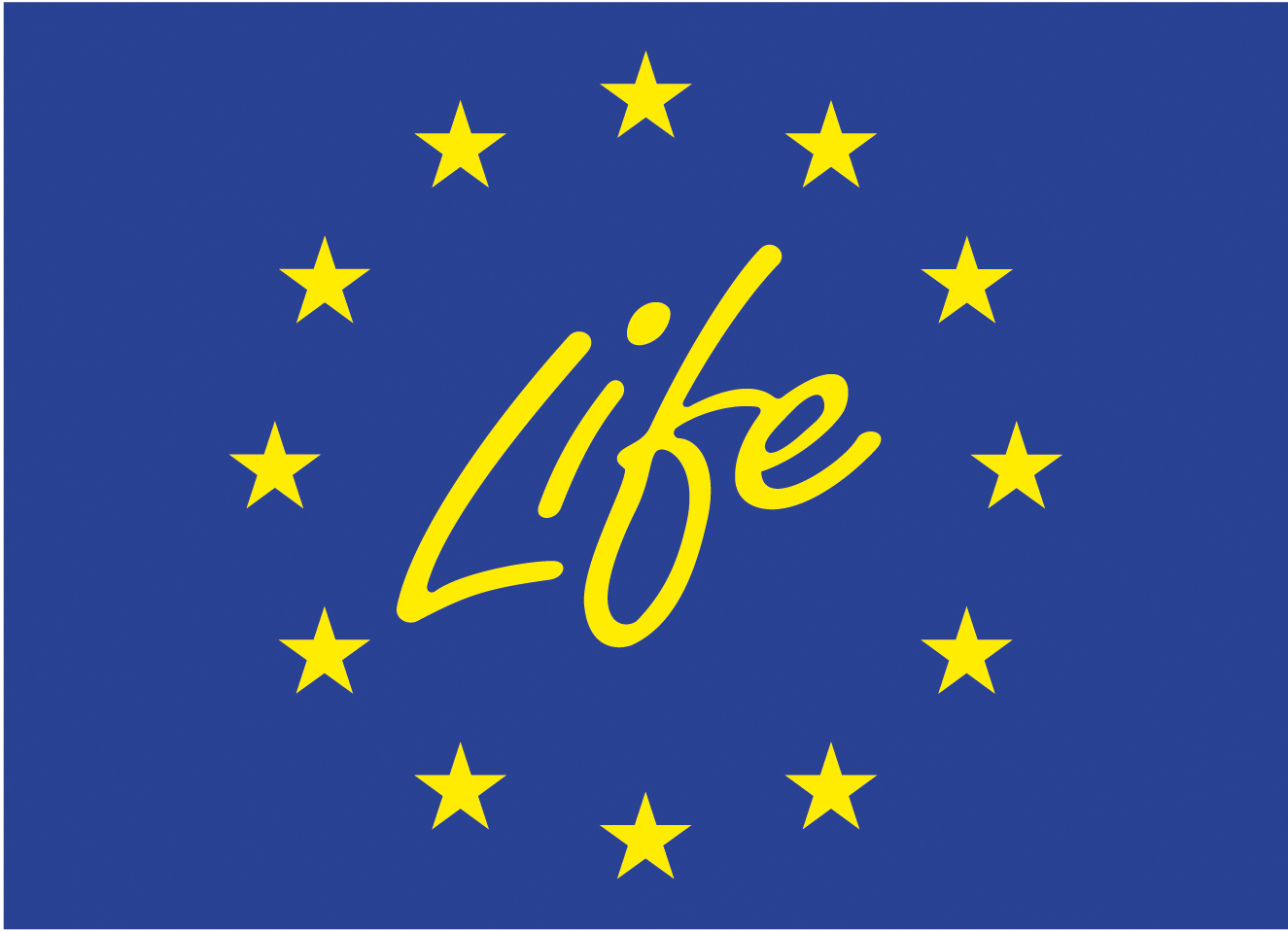Organic’s approach to plant health: Webinar with MEP Eric Andrieu – 16 November 2021, online

On November 16, IFOAM Organics Europe and French Member of the European Parliament (MEP) Eric Andrieu (S&D) co-hosted a webinar on the organic approach to plant health.
The webinar explored organic’s approach to plant health and its potential contribution for achieving the Farm to Fork target of reducing pesticide use and risks by 50% by 2030. As the Commission is finalising its proposal on the revision of the Sustainable Use of pesticides Directive (SUD), it was timely to discuss the challenges and policy options to enable pesticide reduction strategies based on effective and ready-to-use alternative approaches, such as organic farming.
What is organic’s approach to plant health?
Jutta Kienzle, independent scientist specialised in pest control in organic fruit growing, started the webinar with a presentation explaining the organic approach to plant health. She described the indirect and preventive measures implemented by organic farmers to reduce the use of inputs as much as possible, and clarified the fact that only natural substances are allowed in organic agriculture, as an active precautionary measure. In conclusion, she emphasised that organic agriculture is not only a low-input approach for plant protection, as is Integrated Pest Management (IPM), but a systemic approach which keeps sustainability beyond the farm gates, throughout the organic value chain, in short: from Farm to Fork.
Challenges to register biocontrol products
Frank Volk, CEO of Biofa (a German SME manufacturing biocontrol products), continued by presenting the challenges related to the registration procedure of biocontrol products. He explained that the registration process of plant protection products should be better adapted to the specific characteristics of natural substances contained in biocontrol products, such as their natural background levels or the natural variations in their composition. He concluded that the main challenge is the current concept of the chemicals-oriented registration process, which leads to the loss of highly selective biocontrol products with favourable ecotoxicological profile as there is no return on investment.
These presentations were followed by a discussion on the role of organic agriculture in the Commission’s upcoming initiatives to achieving the Farm to Fork’s target on pesticide reduction, moderated by Eric Gall, Deputy Director of IFOAM Organics Europe.
Tackling pesticide reductions systemically & moving to low-input systems
Ms Pilar Aguar Fernandez, Director for Health and Food Audits and Analysis in the Directorate-General of Health and Food Safety (DG SANTE), stated that the pesticide reduction issue needs to be tackled systemically, as organic agriculture does. She explained that the revision of the SUD will focus on strengthening certain elements of the directive, such as IPM, and should also propose enhanced record keeping at farm level and crop specific guidelines at Member State level. The goal is to promote a fundamental shift towards low-input systems, where organic agriculture is leading. Regarding the registration process for natural substances, Ms Aguar Fernandez added that the Commission was in the process of updating the rules for microorganisms to facilitate their substitution for chemical products. Once this work is completed, they will look more closely at the situation of semiochemicals and botanicals, to take stock, assess and consider whether additional measures are needed for these substances, similar to what has been done for microorganisms. Finally, she said that the Farm to Fork Strategy’s targets should not be seen in isolation, but as complementary: therefore, increasing organic farming should lead to a reduction in the use of pesticides.
CAP Strategic Plans should contribute to a system approach
Eric Andrieu stressed the role of the future CAP in reducing pesticides and called for vigilance on the quality of the CAP strategic plans to be submitted by the Member States if results are to be achieved in this area. He insisted on the importance of adopting a systemic approach to reduce pesticides rather than simply substituting chemical molecules with natural ones. He highlighted the role of organic farming in this process, stressing the need to support the agricultural sector in its transition to lower-input models. Eric Andrieu concluded that the reduction of synthetic pesticides is by no means a leap into the unknown: economic and technical solutions already exist, it is therefore the responsibility of politicians to seize them during the upcoming discussions on the SUD in order to give farmers the necessary means
Watch the recording of the webinar in French and in English
Nest steps
The European Commission is finalising the impact assessment of the revision of the SUD and is starting to draft the future directive. Internal consultations will take place in the first quarter of 2022 and the Commission is expected to present its proposal of revised SUD on 23 March 2022 (indicative timetable). We will keep our members updated about this process.
For more information on organic plant health and IFOAM Organics Europe’s work on this issue, please contact Mathilde Calmels. IFOAM Organics Europe members can find more information on the member extranet and background materials in the arguments database on the member extranet (main messages, arguments/FAQs, visuals & videos).
For information about what you can gain from being a member, read our membership page and contact [email protected].

This event was co-financed by the LIFE programme of the European Union, under the under the Climate, Infrastructure and Environment Executive Agency (CINEA). This publication only reflects the views of the authors and its sole responsibility lies with IFOAM Organics Europe. CINEA is not responsible for any use that may be made of the information provided.


